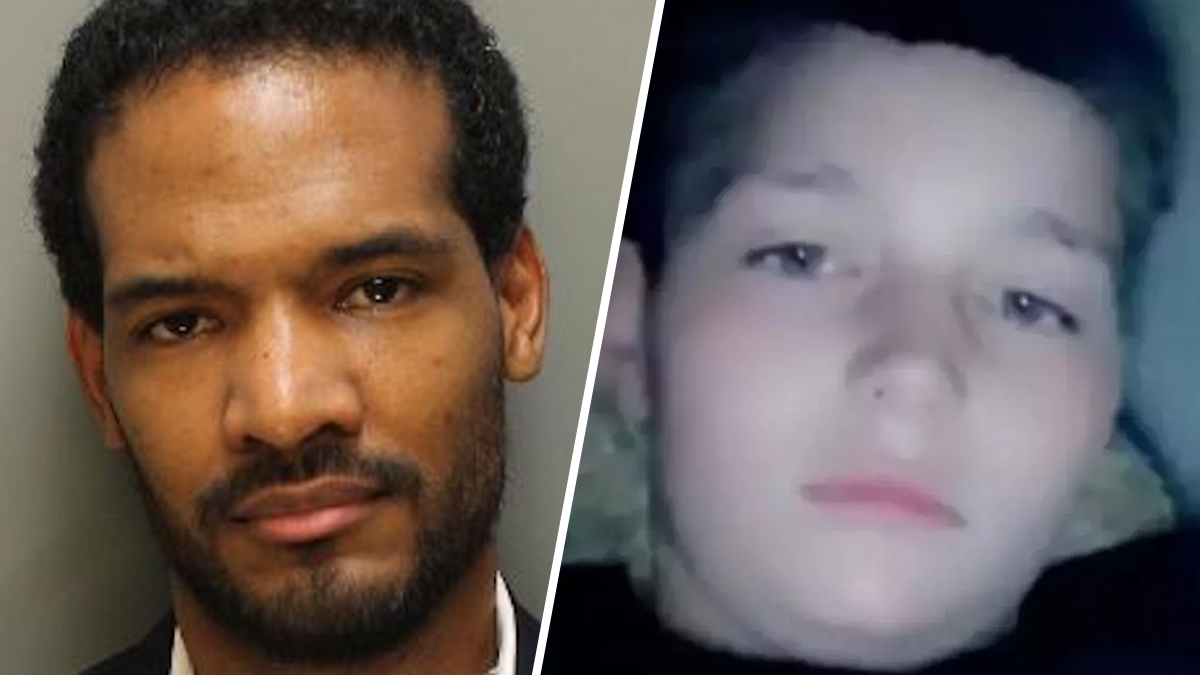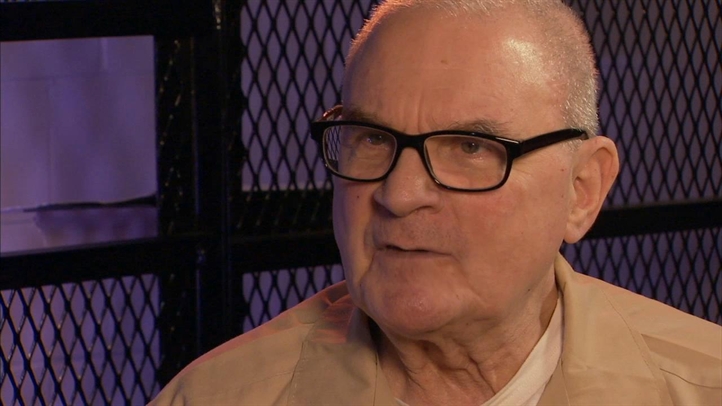Donna Hill knew it was Hunter's last visit to the vet's office.
Hill still was processing the devastating news about her guide dog's deteriorating health when staff at the Veterinary Referral and Emergency Center in South Abington Twp. brought her a surprise visitor: Mo, a yellow Lab puppy.
"He was so calm and attentive," the Auburn Twp. resident said. "He kissed me on the cheek. We were hurting, and this was a healing moment. And, who wouldn't love a little pup? It was such a kind thing for Dr. Ferguson to think to do."
Little did she know that Mo eventually would become the Susquehanna County resident's fifth guide dog.
Hill, 67, was born legally blind in an era when people were less sensitive to disabilities. Her eyesight deteriorated more over time.
"At this point, I have very, very little usable vision," she said. "I can tell if it's day or night. I can't tell the difference between a black and white pair of pants under a light. There was a time when I could see colors and shapes, but that time has long since passed. I always had a very limited field of vision. It's like looking through a soda straw and adding a lot of blurriness."
[PHOTOS] Clear the Shelters: Pets Find New Homes in Pennsylvania, New Jersey u0026 Delaware
Local
Breaking news and the stories that matter to your neighborhood.
As a child, Hill said, students bullied her at school in Easton, and teachers resented her because they thought she should go to a school specifically for blind students.
Hill learned to be as independent as possible and resisted special accommodations, such as getting a guide dog, until she was 21, studying at East Stroudsburg University.
"I didn't want one. I didn't want a cane. I didn't want Braille," said Hill, now a published author. "I was taught whatever you could blame it on other than being blind was preferable. It's better to say you were stupid than you couldn't see something. I'd just tell them I hate reading."
Even falling into a construction pit on her college campus didn't change her mind. When the dean called her into his office after a guide-dog trainer inquired about students who might benefit from the service, she tried to be polite but initially was irate.
Friends later told Hill to give it some thought. After all, as a dog lover, she would at least get a new pet out of the deal, a friend pointed out. That argument sold her.
Soon after that, she got Simba, a black Lab with a white diamond pattern on his chest.
"The first night I went for a walk when there was no way I could see, I thought, 'Oh, my goodness, this is awesome!'?" Hill said. "I was sold from that point on. I always had a guide dog since then. I love having a dog as a partner."
A Unique Bond
Most people develop close bonds with their pets, but for visually impaired canine lovers, the relationship is often even more intense.
Guide dogs are trained to lead visually impaired people so they don't need other assistance or tools -- giving them a whole new kind of independence.
The dogs will walk to curbs, watch traffic and decide when it's safe to go. They watch for and alert their humans to obstacles, whether it's a garbage can lid on the street or a low-hanging branch. They learn names of places and objects and to take their humans to them on command.
"Every one of my dogs has become my best friend, my baby," Hill said. "They have become a person in my life that I would give my life for. I don't want anything to happen to them. I would take a bullet to save them. They all have given me so much, just incredible amounts of joy, even just in the ordinary times in our lives as we go about our daily chores."
Hunter
Hunter, a black Labrador retriever with white egg-shaped spots behind his front paws, was sweet and playful. He barked maybe a dozen times in his 13 years, and acted like he scared himself with the noise.
When Hunter started having trouble with daily tasks after suffering from an inflammatory bowel disease and Lyme disease, Hill took him to the Veterinary Referral and Emergency Center. He died a month later.
Mo was at the office because veterinary nurse Kendra Lapsansky and her husband, Bill Torbeck, volunteered to raise a guide dog.
Torbeck's brother, Mark, got a guide dog in October 2013, and his reaction inspired the couple. As lovable as Mo was, Lapsansky said it wasn't hard to give him up after raising him for a year.
"After talking to (Mark) and hearing the joy in his voice after regaining his freedom, my husband and I decided we wanted to raise puppies," the Dunmore resident said. "It is bittersweet giving them back to the organization, but we went into it knowing Mo wasn't ours. He was always destined for something bigger than being ours. The end goal always in mind is giving somebody their freedom."
Pennsylvania Car Wash's Sunflower Field Blooms Into Main Attraction
When Hill met Mo at the vet's office, the pup was still too young to be a guide dog. Eventually, Hill requested Mo. After the person the yellow Lab originally was supposed to be placed with had health problems, Mo ended up with Hill on March 20.
It is highly unusual that a visually impaired person meets a guide dog as a puppy, but their meeting turned out to be serendipity.
"That was wild," said Doug Butler, an adviser for people who raise puppies in Pennsylvania, Ohio, New Hampshire, Massachusetts and eastern Long Island, New York. "I couldn't believe it happened. I've been doing this for eight years and I haven't seen anything like that."
Hill said Mo is probably the most self-assured dog she has ever had.
"He likes to work,'' she said. "He's smart. He's a real love. He's a really good boy."



